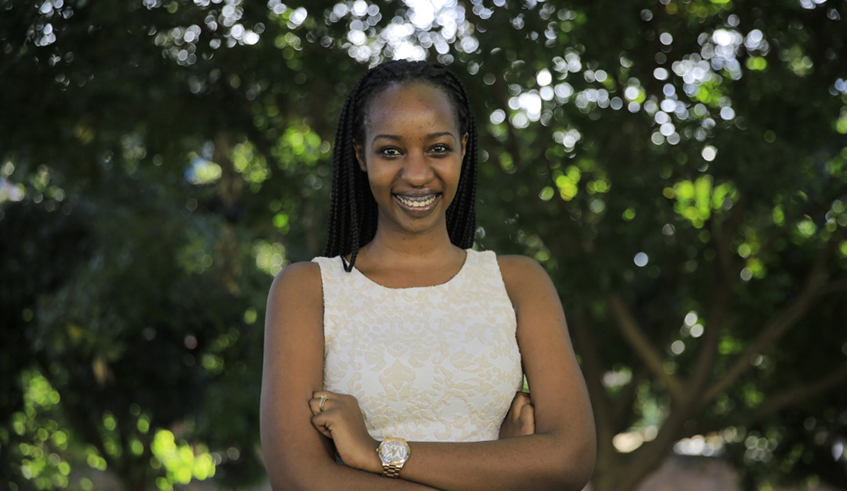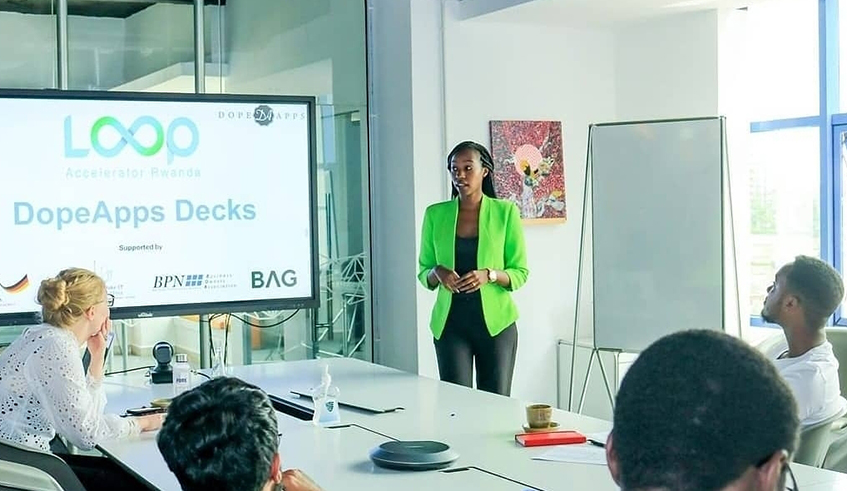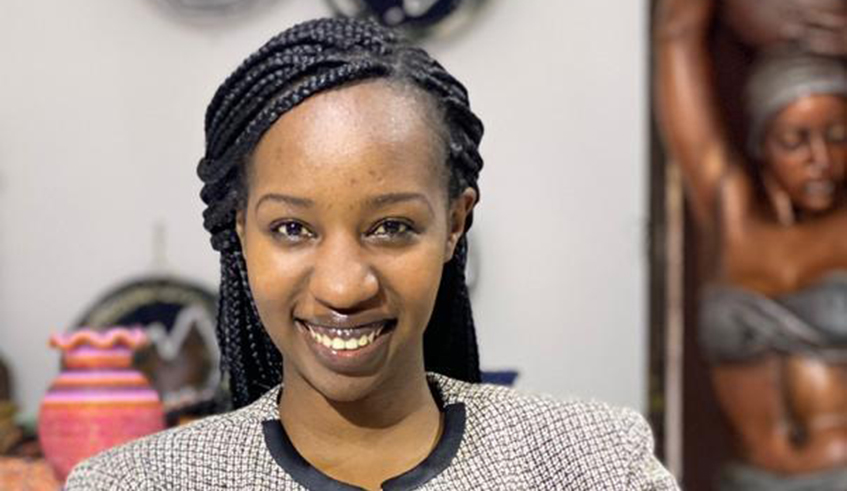

he encourages parents to take active participation in fighting teen pregnancies. / Photos: Courtesy

Gaelle Igisubizo is the CEO of Keza 3D App

Gaelle Igisubizo is the CEO of Keza 3D App

